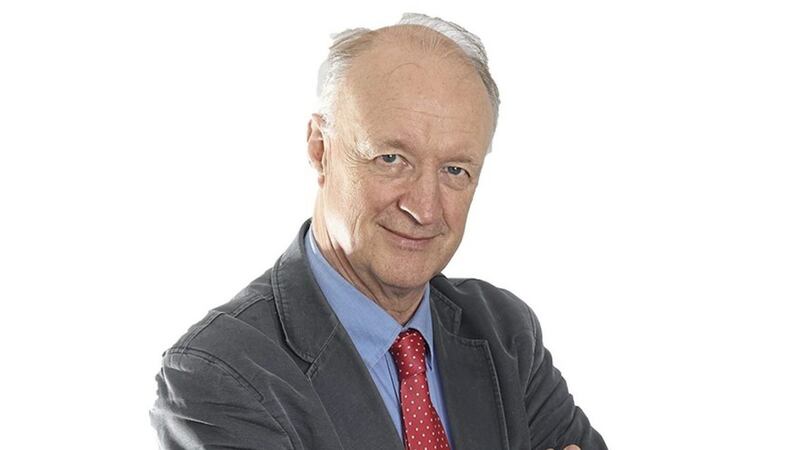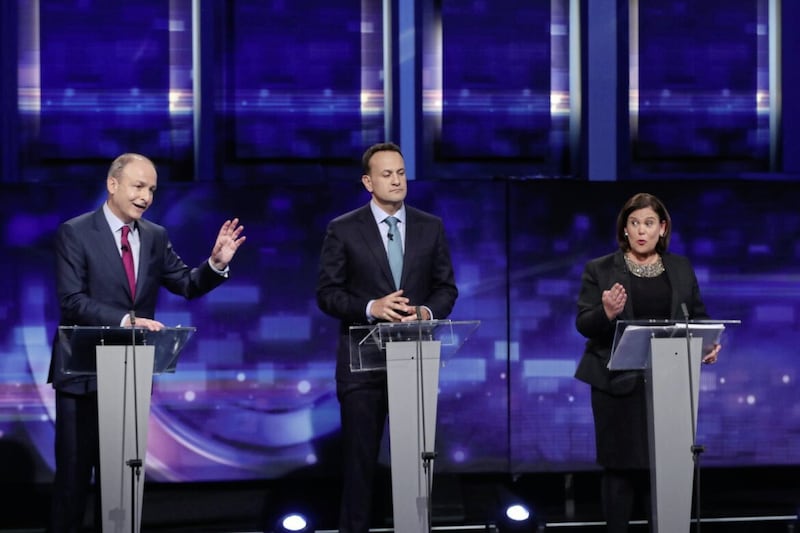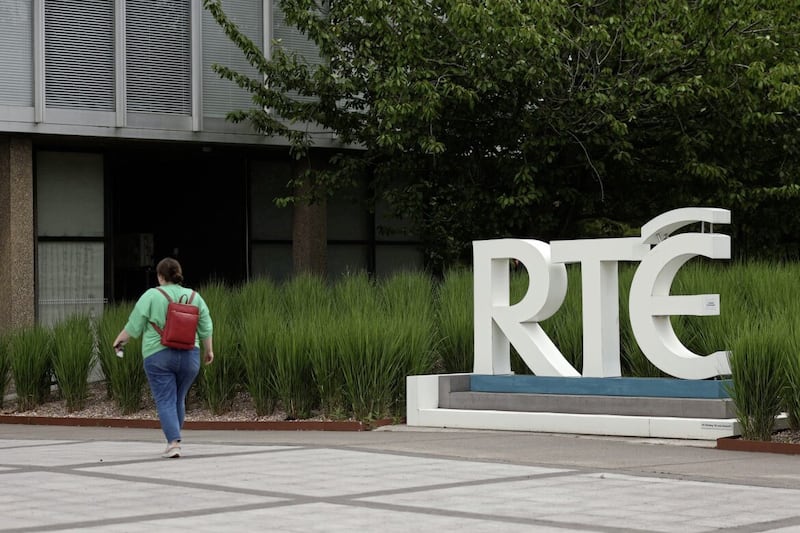THERE’S nothing like a Marxist quote to start off a column, although it was Groucho, not Karl, who said: “Politics is the art of looking for trouble, finding it everywhere, diagnosing it incorrectly, and applying the wrong remedies.”
One is reminded of the post-Brexit difficulties over Northern Ireland and the stand-off between London and Brussels over how to resolve them.
Two years ago, the Protocol seemed to have saved the day after it emerged from that high-profile meeting in October 2019 on the Wirral between Boris Johnson and then-Taoiseach Leo Varadkar.
However, the practicalities of the Protocol have turned out to be a problem, even something of a nightmare.
Brussels seemed initially to be somewhat out of touch with the realities of the situation, launching a legal action against the UK which has since been paused.
The recent proposals from European Union negotiator Maros Sefcovic are quite pragmatic and conciliatory.
But the British side still has a problem with the European Court of Justice (ECJ) as the ultimate arbiter in any dispute which might arise in this context. Sovereignty concerns are at the heart of Brexit.
It does appear as if the day-to-day problems with the Protocol can be resolved, with sufficient goodwill. In the words of Sefcovic, the EU has turned its rules “upside down and inside out”.
But the sovereignty problem remains. Someone needs to find a way of squaring the circle so that, having voted to leave the EU, the United Kingdom does not become obsessed with the role of the ECJ.
At the same time, since Northern Ireland would be remaining in the EU single market, proper supervision has to be put in place.
Those of us who thought the United Kingdom was still something of an international power, albeit in the second rank behind the USA and China, find it somewhat strange that the UK is now reduced to worrying about the movement of goods from Britain to Northern Ireland and the prospect that, in any dispute over the Protocol, the ECJ could have the last word.
One of the possible solutions is the procedure set out in bilateral treaties between the EU and countries such as Ukraine. Under this type of arrangement, any dispute that can’t be mutually resolved goes to an arbitration panel, with the ECJ being called in to deal with questions relating to the interpretation of EU law.
In other words, the ECJ would be kept at arm’s length. This plan certainly deserves a trial run for a couple of years at least.
You can’t expect the EU to formally abandon its legal authority over the European single market. If the UK can’t live with the arm’s length formula, then it can just tell the EU to get lost, all bets are off on this issue.
It would be unfortunate if Northern Ireland lost the huge opportunity of being in two markets at the same time. Any sensible unionist would seek to combine loyalty to the Crown with acquisition of the half-crown or, in this case, vast amounts of Euro (which would of course be immediately converted into Sterling).
Is the acquisition of wealth going to weaken Northern Ireland’s position in the United Kingdom? Surely not.
The UK needs to take account of the American perspective on this matter. US Congressman Richard Neal, who chairs the powerful House Committee on Ways and Means, said after a meeting with Boris Johnson last month: “I shared my strong belief that any agreement reached between the UK and the EU on the future of the Protocol must not undermine the integrity of the Good Friday Agreement nor threaten the institutions it created.”
The Prime Minister assured him there would be no return to a hard border on the island and that the UK remained committed to the 1998 peace deal.
Last week, The Irish Times reported the Congressman as saying that the US could not agree to a trade deal between themselves and the UK if the fallout from Brexit jeopardised the Good Friday pact.
No doubt the Protocol will surface in conversation among the guests at tomorrow’s interdenominational service in Armagh to mark the centenary of partition and the formation of Northern Ireland.
The abstentionist stance towards the event by President Higgins has won strong support in opinion polls in the south, although one observer has suggested that, given the high esteem in which the President is held, the public would also have supported his attendance at the service. An interesting day lies ahead.








